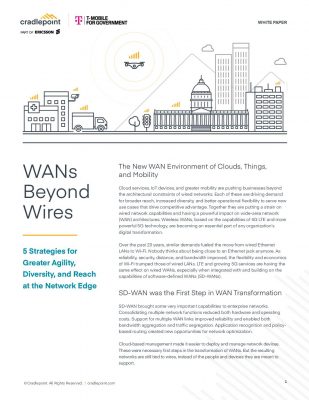Highlights:
- According to Quantagonia, researchers are constantly pushing the limits of what is feasible with conventional computers, particularly in artificial intelligence, simulation processes, and optimization algorithms.
- The platform from Quantagonia can be utilized for optimization hurdles, complex use-case analysis, ML and AI workloads, and simulation procedures.
Quantagonia GmbH, a firm developing quantum computing software, announced its successful seed investment round. Paired with a prior pre-seed round, the startup’s total sum is EUR 4.3 million (about USD 4.68 million).
Tensor Ventures served as the lead investor in the funding round, which included three deep tech venture capital firms from Europe, a state investment, and a family office.
Quantagonia, based in Frankfurt, developed a Hybrid Quantum Platform that claims to combine the benefits of classical computers with those of emerging quantum computers, which use quantum mechanics to carry out computations. One advantage of Quantagonia’s platform is that it facilitates using already developed computer programs and codes with quantum computers, increasing accessibility for developers and other users.
According to Quantagonia, researchers are constantly pushing the limits of what is feasible with conventional computers, particularly in artificial intelligence, simulation processes, and optimization algorithms. However, it asserts that the sector is on the verge of bolstering classical computers’ capabilities to their utmost limit.
Businesses are simultaneously confronted with decision models that are becoming more complicated and have greater expectations for process control. These challenging issues can be resolved with quantum computing, whose quantum physics-based architecture can execute calculations a million times faster than even the most formidable supercomputers currently in use.
If quantum computing is to become the standard for resolving these issues, some obstacles must be addressed. The industry is still trying to figure out the best possible technique to stabilize the quantum machines that run these computers. Despite having potential, quantum machines are yet to surpass the operational capabilities of classical computers.
Deploying quantum processors will necessitate redefining the code, algorithms, and applications currently utilized with classical computers. This is where Quantagonia enters the picture. With a cross-platform compiler that easily converts conventional code into a format that can be executed by quantum machines, the Hybrid Quantum Platform acts as a bridge between the “old” computer era and the “new” quantum computing age.
Dirk Zechiel, Co-founder and CEO of Quantagonia, emphasized the significance of Germany and Europe becoming “quantum ready.” He cautioned against repeating the past, where Europe missed out on technological advances and failed to take the lead in AI. He insisted that businesses must act right away to benefit from quantum computing in the future.
Tensor Ventures’ Martin Drdul opined that Quantagonia deserves appreciation for enabling the transition of fundamental research into industrial use cases. “In Germany, the transfer from basic research to industry is generally too cumbersome. So Quantagonia stands out as one of the few European startups that facilitates this process, leveraging its expertise in research and successful business development and strengthening our economic and technological location,” he added.
The platform from Quantagonia can be utilized for optimization hurdles, complex use-case analysis, ML and AI workloads, and simulation procedures. The company will increase its sales efforts and engage in product development with the funding received from the investment round.






































































